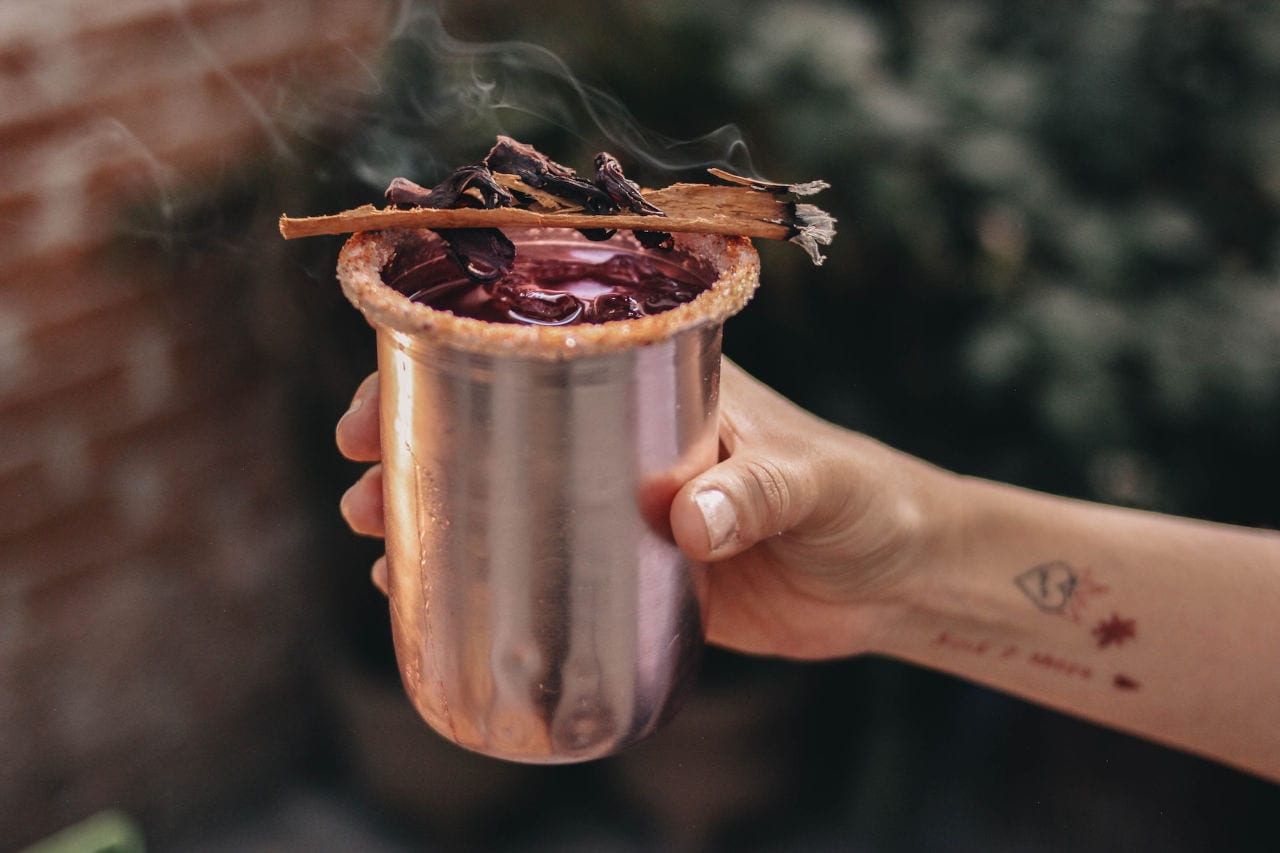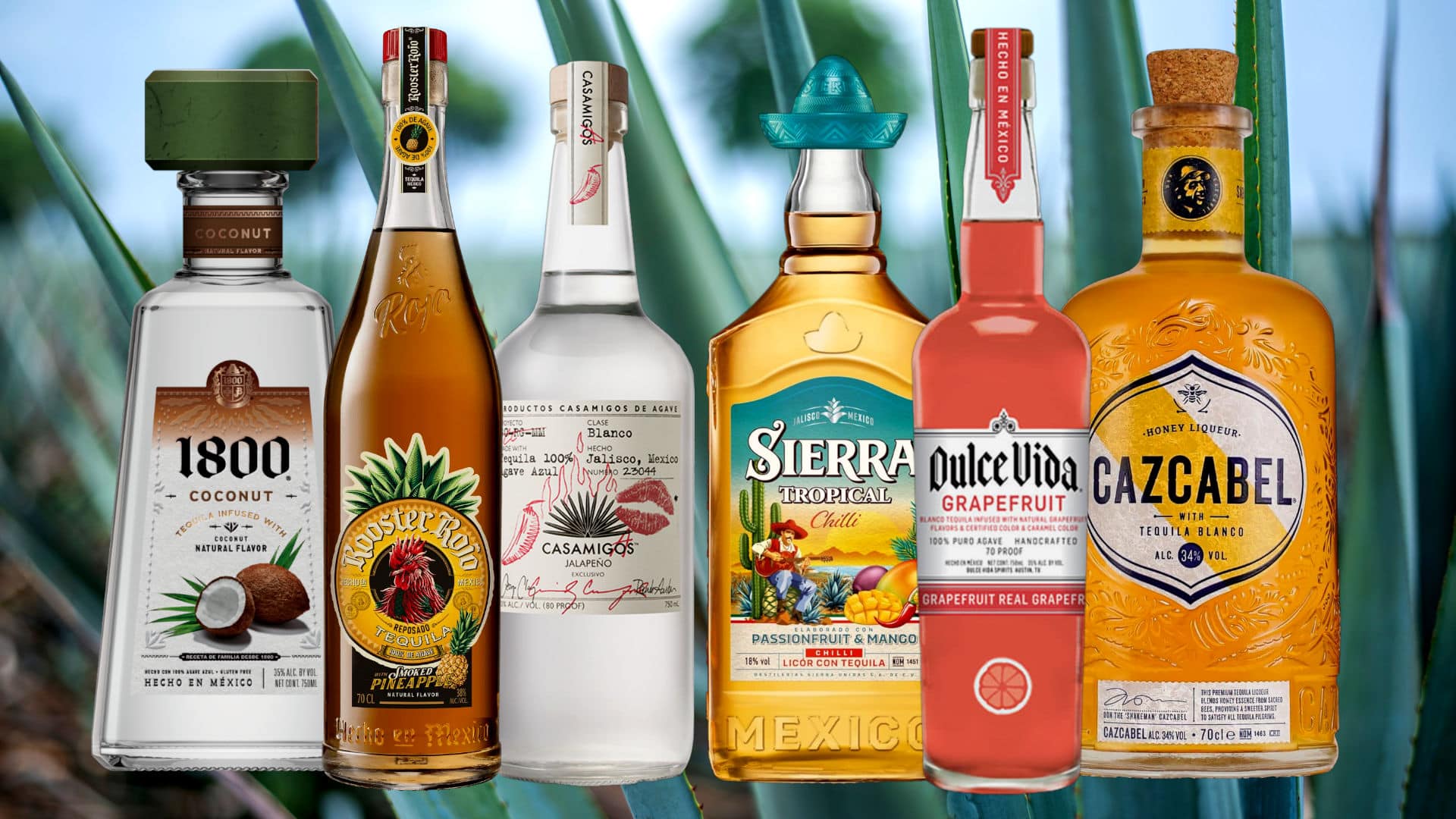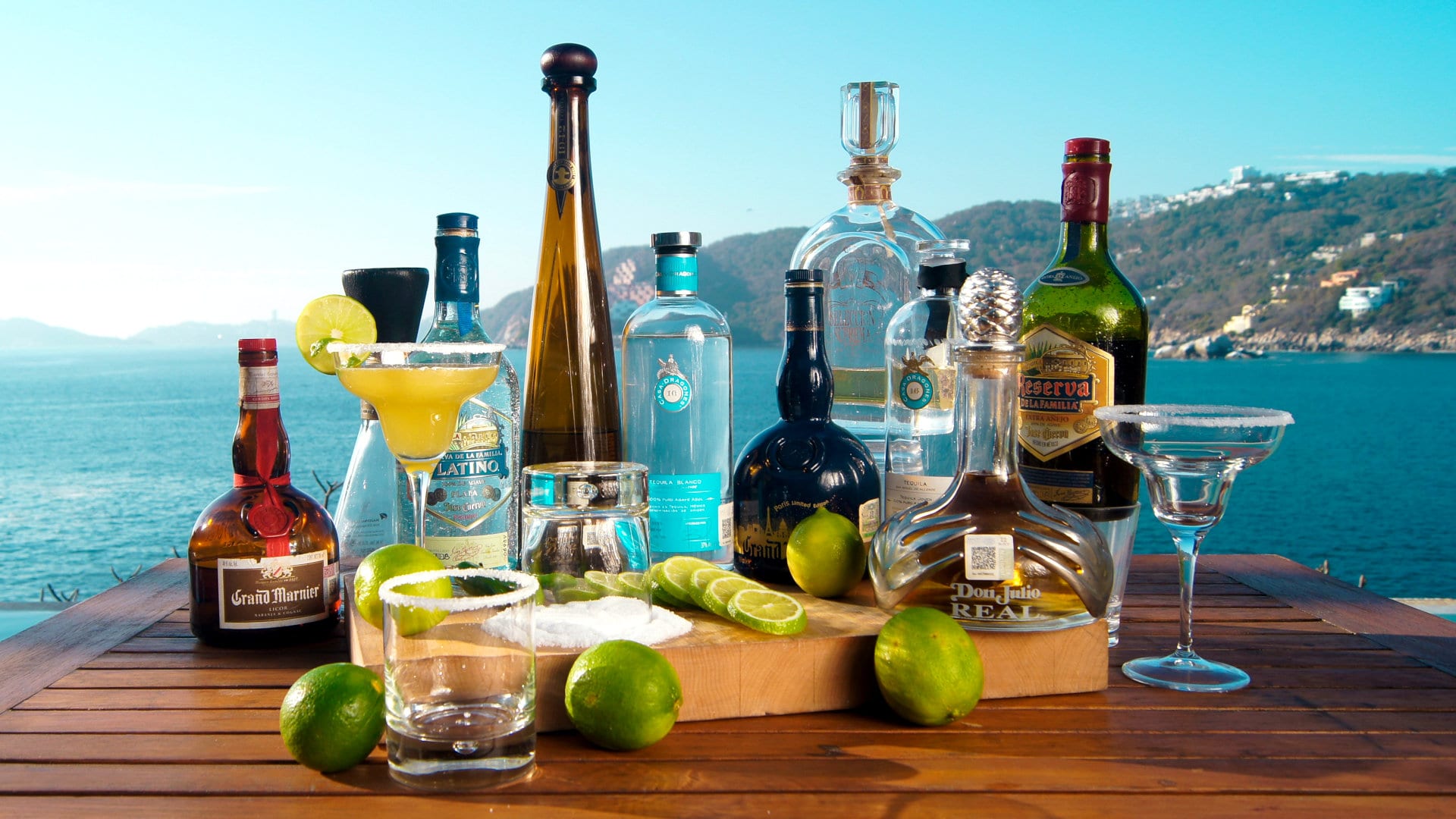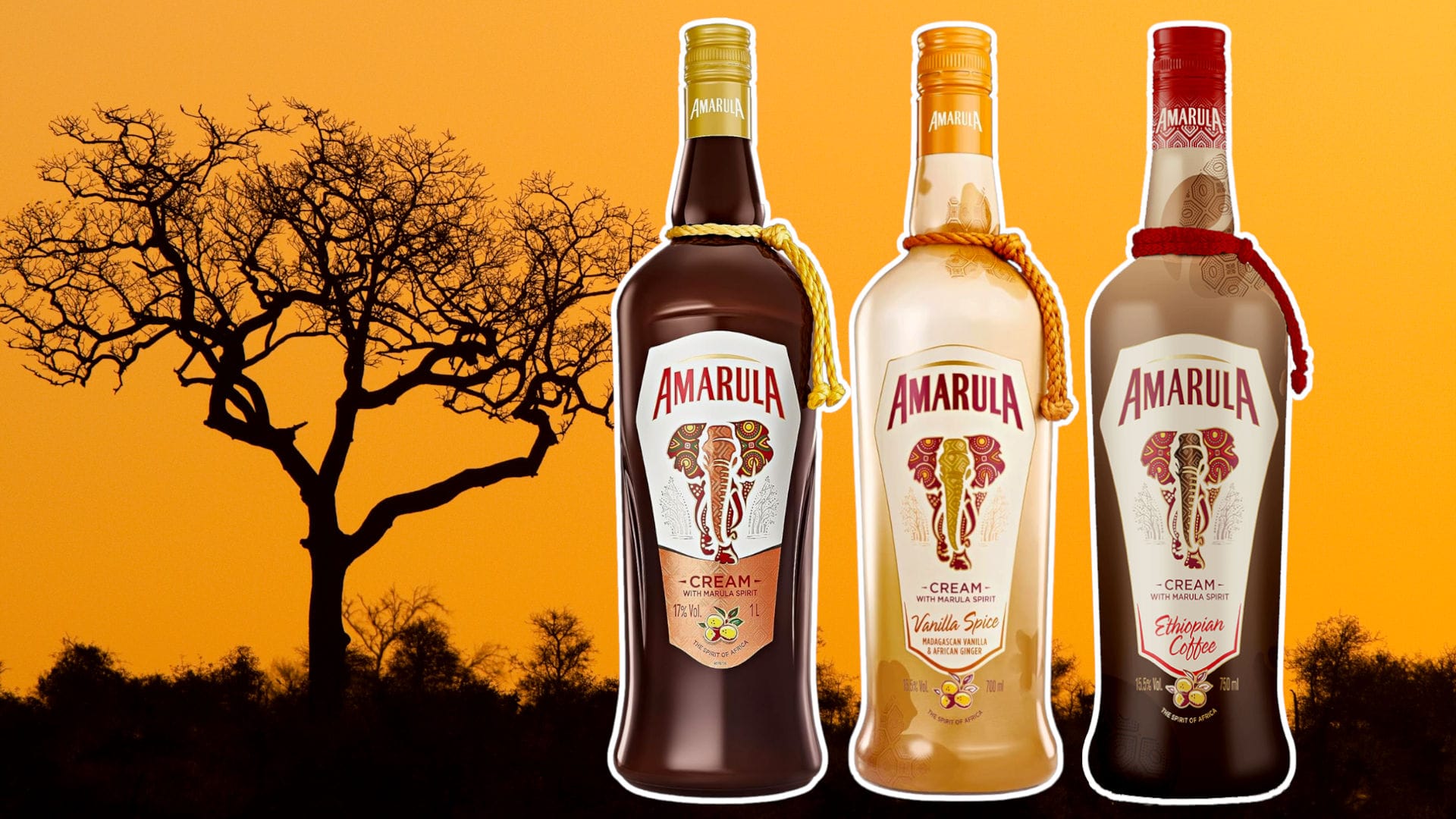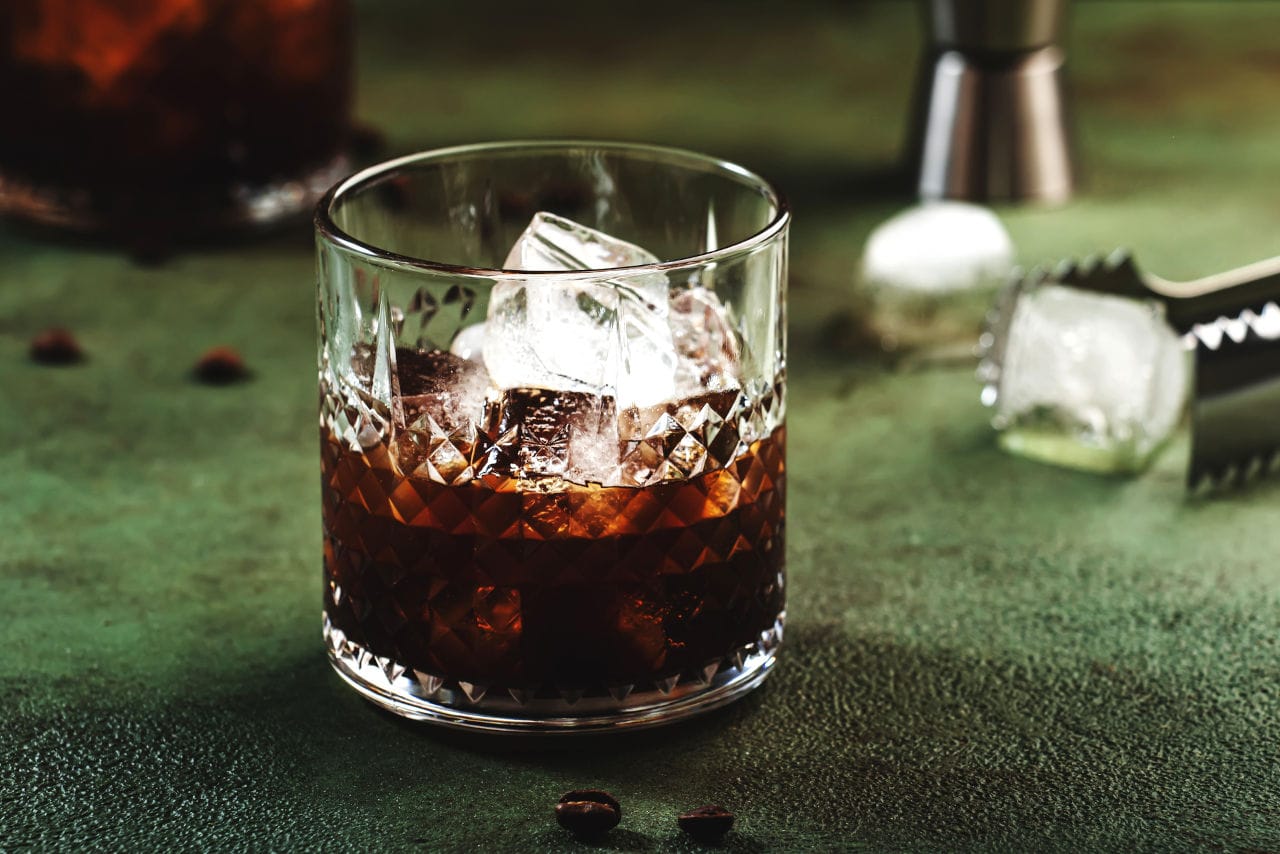A close cousin of tequila, mezcal is an ancient Mexican spirit revered for centuries for its deep-rooted cultural importance and unique production process.
Beyond its fiery taste and ability to make one of my favourite cocktails, the mezcal margarita, this spirit has deep-rooted connections to the ancient Aztec and Mayan civilisations.
In this article, I’ll uncover the rich traditions and ceremonies surrounding mezcal and understand why it’s ideal for honouring special occasions and celebrating the spirits of the gods.

The Origins of Mezcal
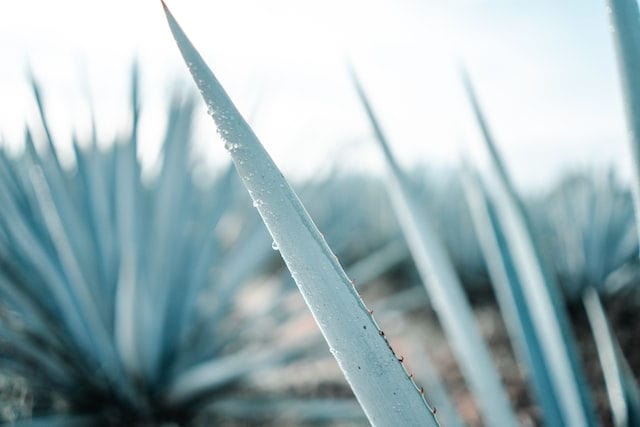
Mezcal traces its origins back thousands of years to the pre-Hispanic cultures of Mexico, with evidence of its production dating back as far as the mid-1600s (source Wiki).
Interestingly, the word “mezcal” is derived from the Aztec language, meaning “oven-cooked agave.” (source Definitions.net)
Like tequila, mezcal is made from the heart of the agave plant, known as the “piña,” which is roasted in underground pits, giving it a smoky and earthy flavour.
Throughout mezcal’s history, it has played an important role in both spiritual and social gatherings. It was believed to be a sacred beverage consumed during religious rituals to honour the gods and serve as a conduit between the earthly realm and the divine.
Traditional Mezcal Production
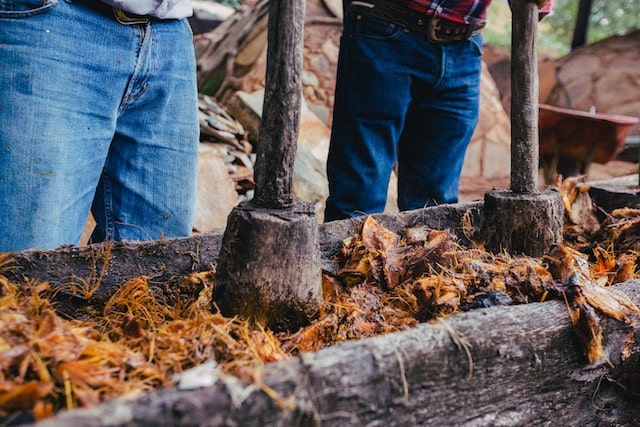
The production of mezcal is a labour-intensive and time-honoured process. The journey begins with harvesting mature agave plants, which can take up to a decade to reach maturity.
The piñas (the agave plant’s heart) are harvested, cleaned, and placed in pits lined with stones and wood for roasting. This underground roasting process imbues the mezcal with its signature smokiness (source SipTequila.com).
After roasting, the piñas are crushed to extract the sweet agave juices, which are then fermented in wooden vats. The resulting liquid is distilled in copper or clay pots, producing a clear, potent spirit that is often bottled unaged.
I recommend that the best mezcal for sipping tends to be aged in oak barrels for added complexity, as they inherit the smooth flavours from the barrel, especially if used previously for sherry or whiskey.
Ceremonial Mezcal: Honoring Ancestors
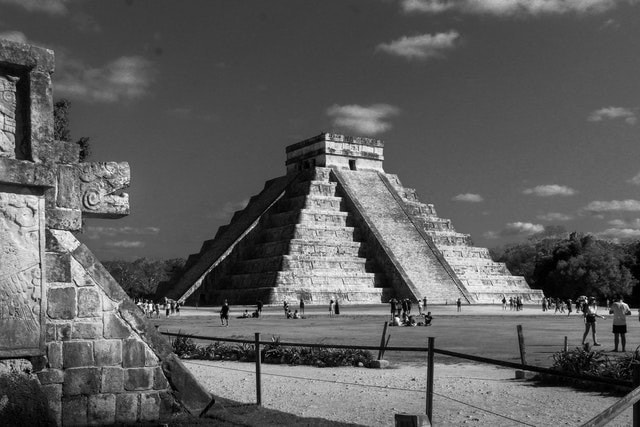
Mezcal’s significance goes beyond its craftsmanship; it is an integral part of rituals and ceremonies up to the present day. In rural communities throughout Mexico, Mezcal remains an essential aspect of religious festivals, weddings, and other cultural celebrations.
One such ritual is the “Velación,” a ceremony that pays homage to departed loved ones on the Day of the Dead (source Mexico News Daily). Families gather at grave sites or altars, lighting candles and offering mezcal to their deceased ancestors as a gesture of remembrance and respect.
It is believed that the spirits of the dead return to visit their living relatives during this time, and mezcal serves as a medium to share moments of joy and fond memories.
Another significant tradition is using mezcal for blessings; crops, a new addition to the family and even a new home can all be blessed with mezcal! (source Mexico Ideas).
Modern Mezcal Celebrations
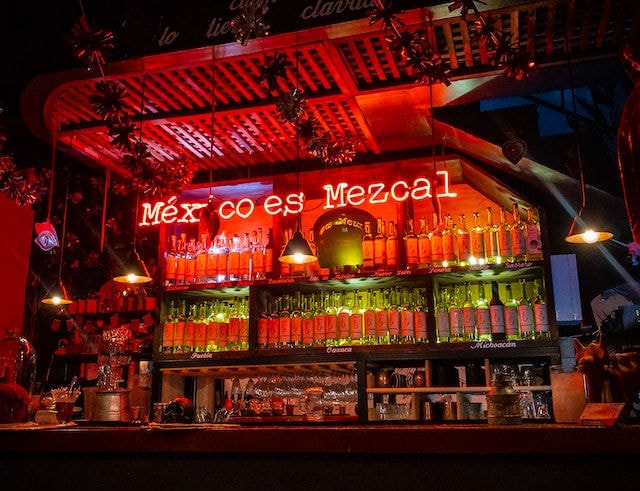
In recent years, the popularity of mezcal has surged worldwide, and with it, the appreciation for its rich cultural heritage. Mezcal enthusiasts in Mexico and abroad are seeking a deeper connection with the spirits of the past.
Mezcalerías are specialised bars that offer an extensive selection of mezcal and have become hubs for cultural exchange. Here, patrons can experience mezcal in its purest form and partake in ancient ceremonies guided by knowledgeable curators!
Whether sipped in a small village during a traditional Velación or enjoyed in a bustling mezcalería, every drop of this mystical elixir carries the essence of Mexico’s history, bringing to life the spirits of the gods in every celebration.
Conclusion
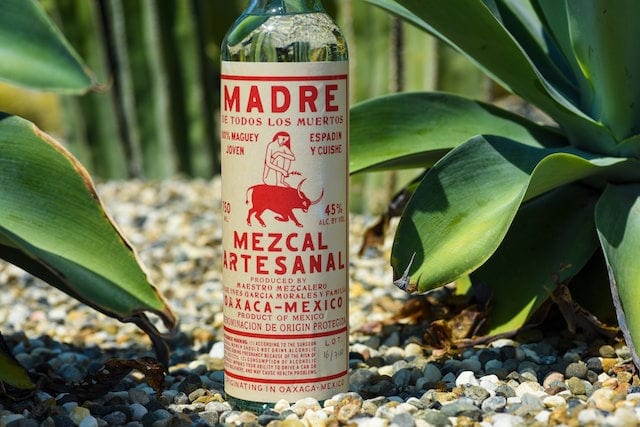
Mezcal, the spirit of the gods, continues to captivate both aficionados and curious souls like myself with its ancient origins and spiritual magnetism.
Also Read: 6 Myths of Tequila & The Worm
Rooted in tradition and steeped in centuries of reverence, mezcal remains an important emblem of Mexican culture, connecting past and present, the living and the departed.
References

Further Reading
Below are some additional articles from The Drinks Geek blog. We write articles on several fascinating areas of drinks, including different brands, drink types, cocktail recipes and more.

